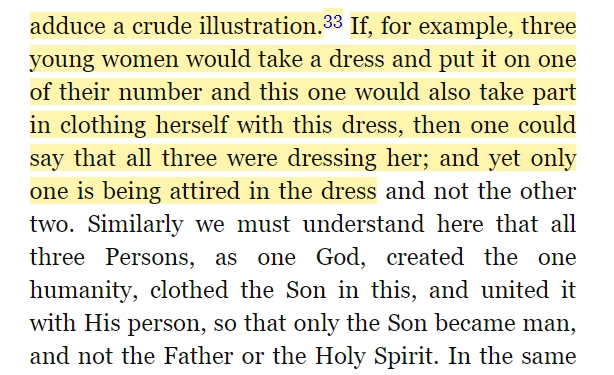
I'm writing up a report on how WB Pope translated over a dozen works of conservative German biblical scholarship in the 1850s (in his 30s, before publishing his own stuff). A brilliant strategic move, building up the kind of Bible work he wanted to interact with. GENIUS.
I found David Lincicum's 2018 articles on this "fight liberal German critical influence by translating lots of conservative German biblical work" movement. T&T Clark published many volumes from many scholars. One translator worth noting: Sophia Susannah Taylor (1817–1911)
Lincicum's entry on her in Oxford DNB says she translated 23 volumes over 35yrs! "Although she has been almost entirely neglected by subsequent scholarship, her productivity marks her as one of the most accomplished translators of theological literature in the Victorian period."
Her strategy was the same as Pope's: Get a ton of doctrinally sound, evangelically alive, rigorous German scholarship to the Anglophone world. Oosterzee, Luthardt, Dorner, Lange, Keil, Oehler, Martensen, Sartorius, Delitzsch, etc.
T. Clark, her publisher, counted on her for steady work of high quality. "Sometimes the publisher suggested books for translation, while at other times Taylor herself furnished the proposal." Apparently they had lively & substantive editorial exchanges over some projects.
"She died, of old age... on 14 January 1911, w/no public notice or obituary to note the signal contribution she had rendered through the thankless task of translation to conservative theological scholarship in the latter decades of the nineteenth century."
Sophia Susannah Taylor, theology translator. I've read some of her work but just now learned her name. All the strategic genius I ascribed to WB Pope above belongs also to SST: She understood the times & knew how to take action thru steady, solid, self-directed work. Well done.
• • •
Missing some Tweet in this thread? You can try to
force a refresh






